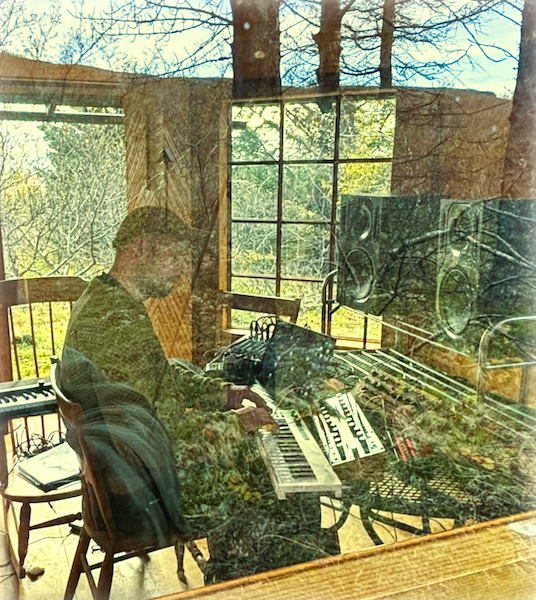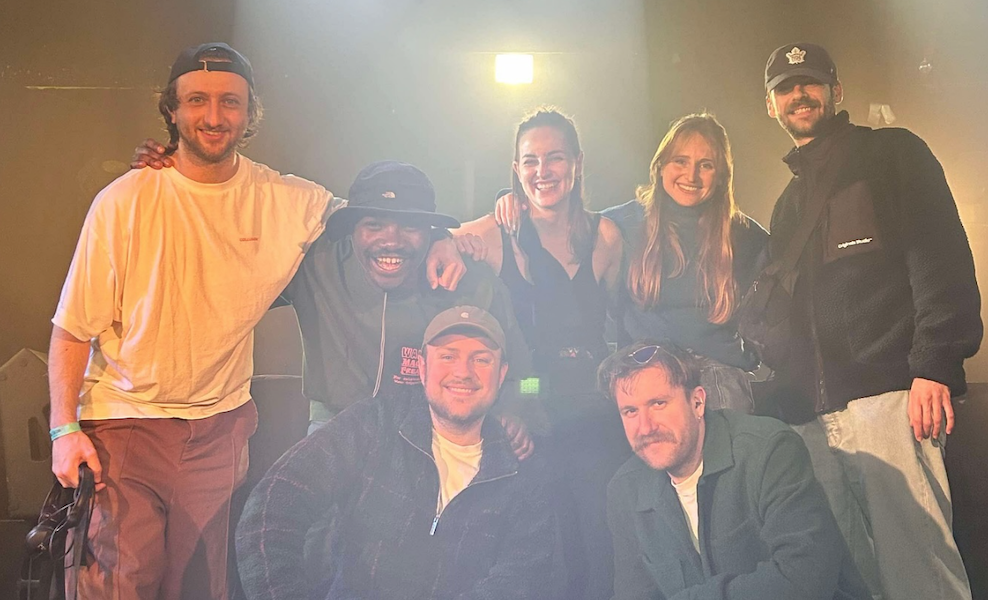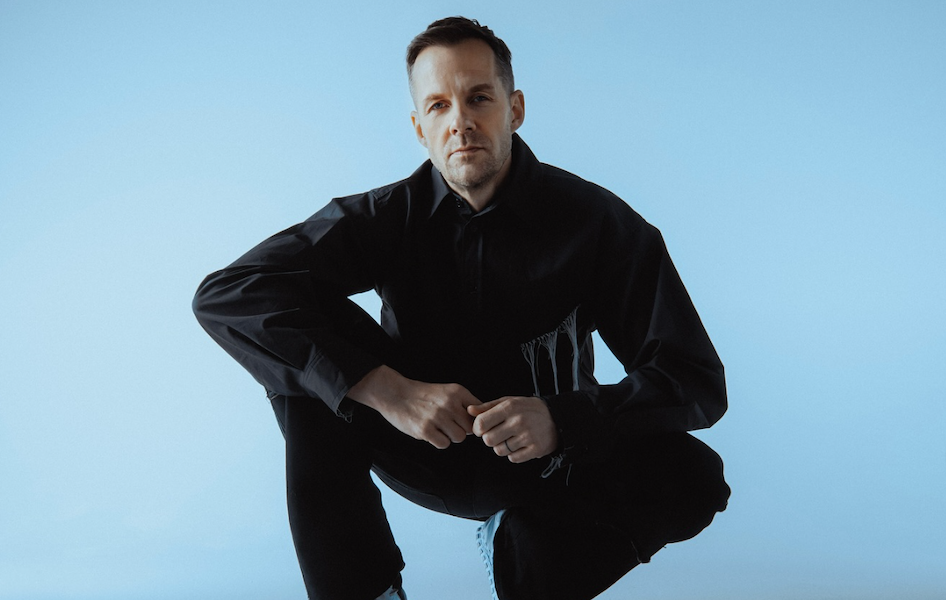Tónarunur hails from the capital of Iceland, Reykjavik. His music is diverse and ranges from Sunday-friendly pieces to dance-floor-oriented grooves and has been released on Eskimo Recordings and Whiskey Disco. His next release drops on San Francisco based label, Dream Chimney, entitled ‘Geimotheque’. The solid four tracker is a testament to Tonarunur’s ability to blend classic disco with modern production techniques. We sat down with the fascinating producer and got to know a little more about his creative process.
WWD: Where does the impulse to create music come from in you?
Ever since I was a kid music has been of much importance to me. That includes listening to music, playing instruments and later composing music. Even though I certainly like going to concerts and experiencing music in live settings, studio music has always fascinated me the most. As cliche as it may sound, creating music in a studio environment is my main form of meditating.
WWD: For you to get started, does there need to be concrete ideas for you to make a track?
It depends. Sometimes I make a chord progression or a melody on the piano and later turn it into a track. Other times I just open up the DAW and start playing around with spontaneous ideas. There are also instances where I challenge myself to reach a certain goal. For example, the idea behind my track “Lifting Off” of the “Geimotheque” EP was to make a minimum a 10-minute song, inspired by the late 70’s underground disco sound, that would work both for home-listening and also on the dance floor.
WWD: What is the balance between planning and improvisation for you?
It differs from track to track. Sometimes I improvise the foundation and then continue with a planned arrangement. Other times it’s the other way around. Lately I’ve used hardware more and more and one of the benefits of doing so is increased spontaneity and unpredictability.
WWD: For your latest release, what track did you start with and how did it first take shape?
I can’t remember whether it was ‘Give Me Your Word’ or ‘Will I See You Again?.’ I did not finish one track before heading on to the next one, I worked on the whole EP as one coherent piece of music.
WWD: Can you tell us a bit about the way the whole EP developed and gradually took its final form?
I wanted to make a dreamy and spacey four track EP inspired by late 70’s underground disco and early 80’s post-disco. I wanted to try creating a live atmosphere, at least to a certain level. I played some of the instruments myself and my friends played the electric bass and guitar. Some of the elements are sequenced for sure and the tracks also contain a few samples, mainly voices from old movies.
WWD: Once a track is finished, how important is it for you to let it lie and evaluate it later?
Very important and most of my tracks are made in that fashion.
WWD: How much tweaking do you allow until you’re satisfied with a track?
I tend to spend a lot of time with each track, both in the production stage and also in the mix-down process. I’m actually planning to make an EP in the future where I set myself some basic rules in the creative process, something along the lines of “Max 12 hours per track in the production phase and max 3 hours for the mix-down.”
WWD: After finishing an EP and putting it out there, there can often be a sense of emptiness. Can you relate to this?
Yes for sure, and especially if you have the feeling that the record you spent so much time working on doesn’t reach the right audience. It can be very challenging to get to be heard, especially in these times when a lot of good music is being released.
WWD: Do you find that the feedback of others is important to you? Are there sometimes misunderstandings or does feedback from your peers help you to gain new insights?
Feedback is very important and definitely inspires me to continue creating music.
WWD: What was most important for you to convey through your music?
Probably some blend of wistfulness, sheer delight, and otherworldliness.
WWD: Where should we make sure we visit in your city if we get there?
Kaffibarinn for drinks and Lucky Records for…records 🙂
WWD: Adding it to our list. Thanks for the chat!
‘Geimotheque’ is available here






